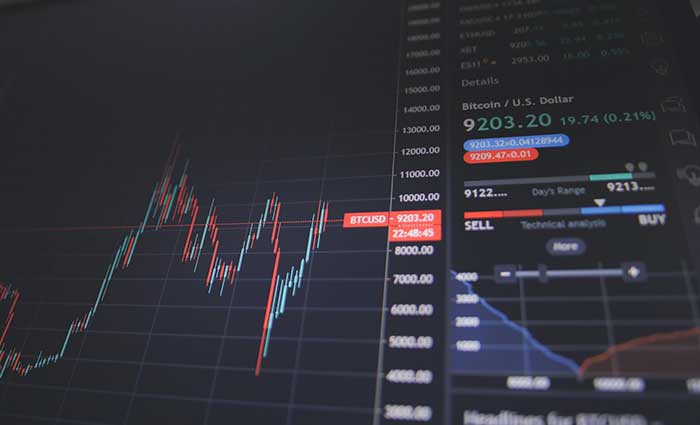Our current economic situation is complex and, in some ways, unprecedented. Because of the pandemic, we have seen changes in how the market behaves and may consider re-adjusting how we approach retirement strategizing.
1) Government Spending and Bailouts
In recent months, the US economy experienced banking turmoil due to the ripple effects of inflation and the subsequent interest rate hikes. The banks experiencing turmoil, specifically Silicon Valley Bank, received support from the government in the form of providing liquidity for depositors even if their funds weren’t covered under FDIC insurance rather than saving the bank directly. Regardless, banking sector turmoil could spell further risks to the economy and markets.
2) Changes in the Global Economy
For many years leading up to the pandemic, the US and much of the world had been growing economically. Due to easy economic environments, capital availability, and low-interest rates, some economies and markets boomed. We were, for a long time, in a period where economic growth was constantly present, virtually everywhere you turned.
However, that time seems to have ended. Nations are now moving away from open-door trade policies. Plus, geopolitical conflict and the inflationary aftermath of pandemic policies couple to cripple many of the world’s strongest economies.
3) Changes in the Workforce
Since the pandemic, the workforce of the country has been unconventional. Wage increases are not keeping up with inflation, so even if you see a yearly rise, it may not have raised your purchasing power. If workers aren’t making enough money, they likely won’t stimulate the economy by spending the way they used to.
What This Means for You
The economy is in an uncertain place right now. Inflation is a concern for retirees and pre-retirees because it affects how much mileage they may get out of their saved money. An uncertain economy also means that your investments require extra stewardship, with an eye on all the current factors influencing the market.

